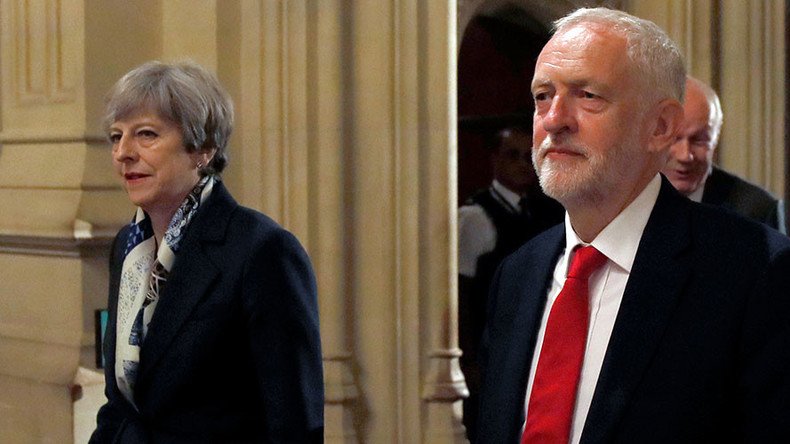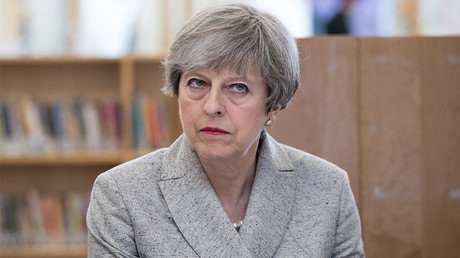Corbyn to demand Queen’s Speech amendments on pay cap, emergency service cuts

Labour leader Jeremy Corbyn has tabled amendments to the Conservative government’s Queen’s Speech, demanding an end to the public sector pay cap and budget cuts to emergency services.
“You can’t have safety and security on the cheap,” Corbyn said ahead of the final vote on the Queen’s Speech, the government’s program for the two-year parliamentary session.
“It is plain to see that seven years of cuts to our emergency services has made us less safe; it’s time to make a change."
Public sector workers have seen the value of their incomes fall in relation to inflation after two years of pay freezes and four years of annual caps since 2010.
“Our emergency service workers make us proud at the worst of times for our country, such as the Grenfell Tower fire and the recent terrorist attacks, and deserve the pay rise they have been denied for seven years," Corbyn added.
“Conservative cuts have failed. Labour has a different approach, which values those who look after us and will transform Britain for the many not the few."
MPs will vote on the amendment on Wednesday in a debate which Corbyn branded a “test case” for politicians’ willingness to end austerity.
But Prime Minister Theresa May is expected to have the final say, as she has now guaranteed the support of the Democratic Unionist Party (DUP) in the House of Commons. The Tories’ minority in government has been bolstered by the DUP’s 10 seats, after a £1 billion (US$1.28 billion) deal was struck by the two parties on Monday.
Ahead of the debate, a senior Number 10 source hinted that the PM might be ready to review the cap on public sector pay rises.
“Ministers, including the Prime Minister and the Chancellor, have been clear that we are going to listen to the messages that were sent at the election,” the Downing Street source said, according to the Guardian.
“We understand that people are weary after years of hard work to rebuild the economy. Public sector pay restraint is one of the tough choices we've had to make to balance the books after Labour's crash and what was left behind. We are working through and looking at recommendations from pay bodies that are coming.”
The Labour Party described the news as “very encouraging.”
In their election manifesto, the Conservatives were hell-bent on keeping the 1 percent pay cap on public sector workers until 2020, but their electoral upset has resulted in a softening of the austerity agenda. Chancellor Philip Hammond has gone as far as acknowledging that Britons are now “weary” of pay restrictions and the real-term income dip of the past few years.
A victory in Parliament for Corbyn could be the end of Theresa May, however, who has been under pressure from her own backbenches to improve her performance since the election on June 8.
Labour frontbenchers, including Corbyn himself, have said the party is ready to form a government and has remained on a campaign footing for another snap election.
Many pundits believe a new election could come as soon as October this year.













